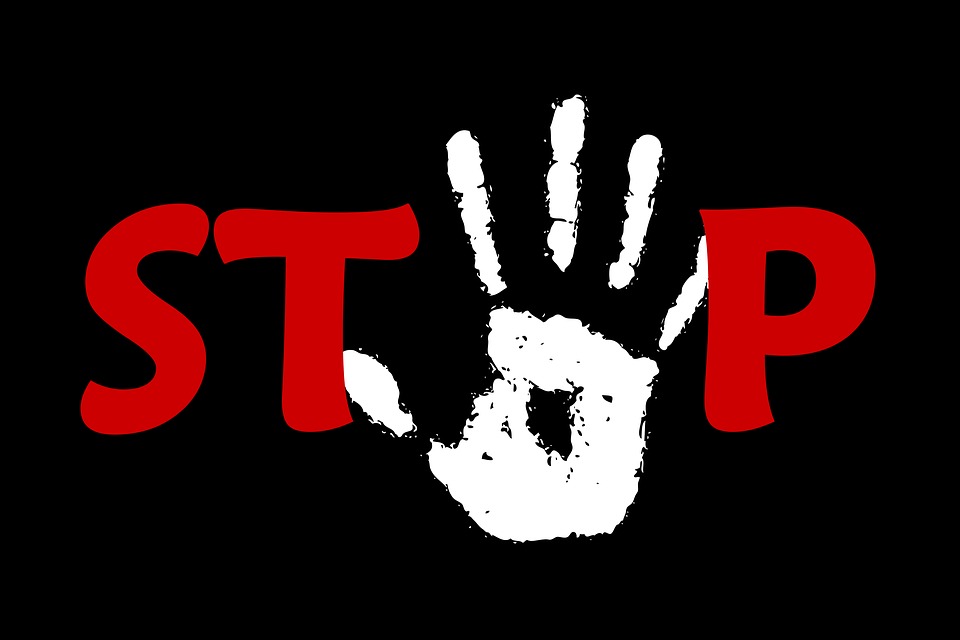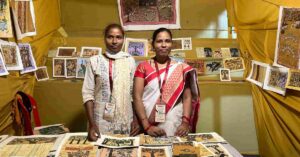Check Your Privilege: It Is Time To Stop Using This ‘Dirty’ Casteist Slur
Growing up in Delhi, the word was extensively used by school buddies and college mates to describe something that was ‘dirty’, ‘messy’ or ‘filthy’.

Back in 2015, I had attended a fashion show hosted by the British High Commissioner at his residence in Delhi. British designer Giles Deacon had collaborated with a clothing brand and had slinky models sashaying down the ramp to Anushka Manchanda’s voice, as the city’s elite watched.
My evening was spent surveying all the celebrity guests at the event in hopes of getting decent bytes. I happened to bump into Manchanda. We engaged in a so-so conversation – nothing to write home about. Cultural differences in Delhi and Mumbai were discussed, music scenes were compared, and her life in the two cities was talked over.
The conversation moved on to how Delhi cares too much about what to wear, Mumbai not so much. “We just roam around in Mumbai looking like ‘bhangis’ all the time,” she told me.
Manchanda had unknowingly used a casteist slur, and I had innocently included it in my byte. It was later in the newsroom that I realised the extent of the trouble.
Growing up in Delhi, the word ‘bhangi’ was extensively used by school buddies and college mates to describe something that was ‘dirty’, ‘messy’ or ‘filthy’. Some even thought it meant being high on bhang.
Only, it didn’t.
The perfect example of casteism thriving under the cloak of civility was when a South Delhi-based Jazz club decided to host a band called ‘Bhangijumping’ for one of their gig nights last year. Neither the musician duo nor the venue owner had any idea what repercussions their ignorance would entail.
Angry protesters repeatedly had to remind them to check their privilege.

For the uninitiated, ‘bhangi’ is a term used by upper castes for someone belonging to one of the untouchable castes. Members of this caste have traditionally been restricted to sweeping, cleaning toilets and handling dead bodies.
And they have faced immense socio-economic discrimination as a result. Another pejorative term they have been subject to is ‘chuhra’, also ignorantly and still widely used by the upper castes to call someone who is ‘unclean’.
You’d think 2018 would bring with it an end to this ignorance, but who are we kidding? Recently, videos of actors Salman Khan and Shilpa Shetty using the word casually resurfaced.
Salman used the word during his promotional event for ‘Tiger Zinda Hai‘ while describing a certain awkward dance step and Shilpa said she looks like one in the morning.
Whenever I’ve confronted my friends about using the word casually, they’ve brushed me off like it was no big deal.
“We weren’t ridiculing anyone. We just thought it meant ‘dirty’” I’d tell them, now would be a good time to think why they associated ‘bhangi’ with ‘dirt.’
Imagine being subjected to years of ostracisation and bonded labour while suffering various social and cultural exploitation and occupying the lowest place in society. Your touch is considered to contaminate or pollute. You are prohibited from eating with other members. You have separate cups to drink tea from, different seats to sit on and separate utensils to eat from. You can’t enter village temples. Forget being around an upper caste; even your shadow can’t fall on them. Your ‘duty’ is to clean up the dirt. And the ‘dirt’ will never leave you.
When you say you look like a ‘bhangi’ you are essentially saying you look like a person who has for years been considered ‘impure’. You are saying you look like a lesser version of yourself, which is what people from the ‘bhangi’ community are considered to be – lesser versions of the rest of us.
They’re people who will never enjoy the same caste privilege as the upper castes do.
This is a timely reminder of how deeply caste is manifested in society. Casually using words without knowing their meaning reeks of our oppressive nature and exposes our bubble of privilege.
It’s 2018, and it’s time to stop saying the word ‘bhangi’.
Like this story? Or have something to share?
Write to us: [email protected]
Connect with us on Facebook and Twitter.
NEW: Click here to get positive news on WhatsApp!
This story made me
- 97
- 121
- 89
- 167
Tell Us More
We bring stories straight from the heart of India, to inspire millions and create a wave of impact. Our positive movement is growing bigger everyday, and we would love for you to join it.
Please contribute whatever you can, every little penny helps our team in bringing you more stories that support dreams and spread hope.



















